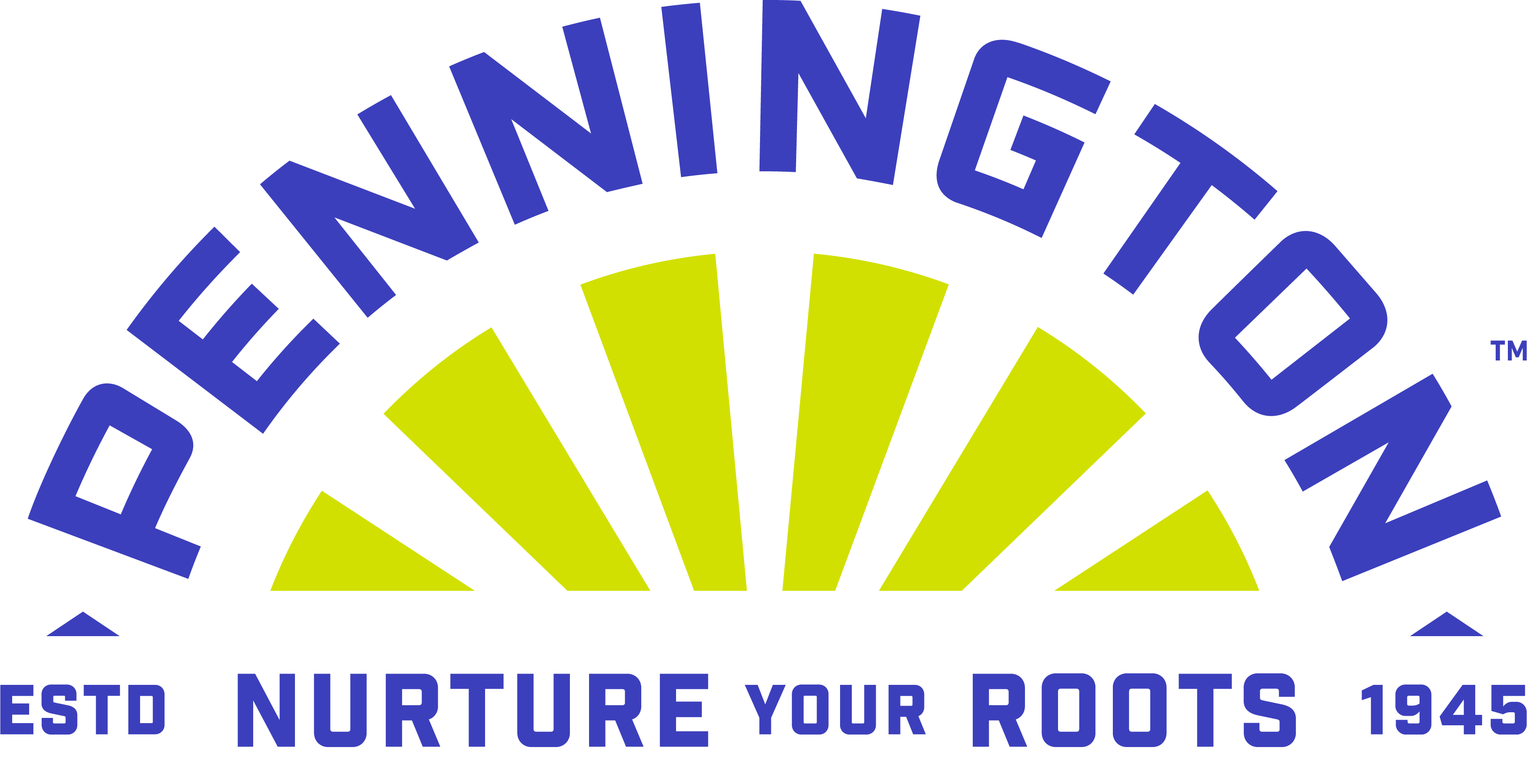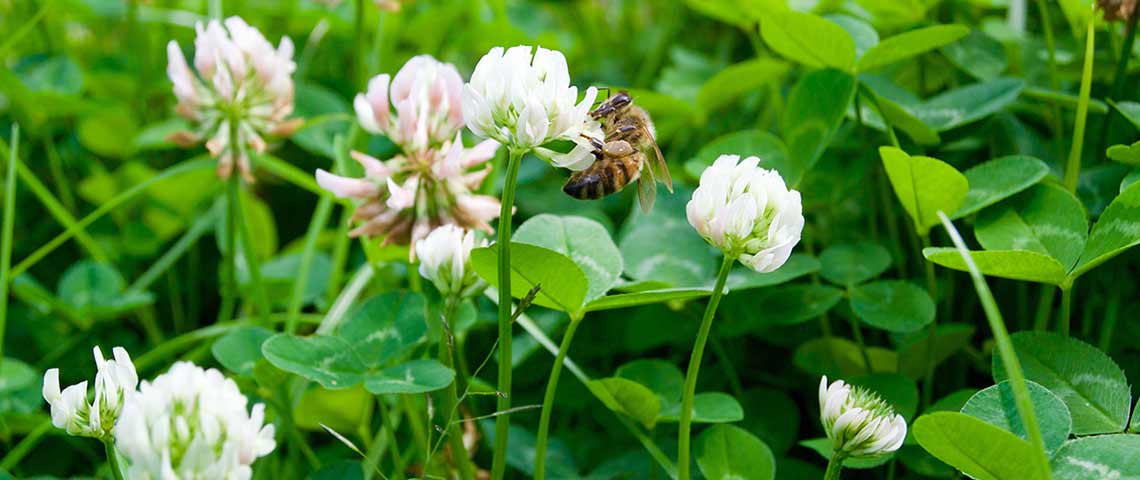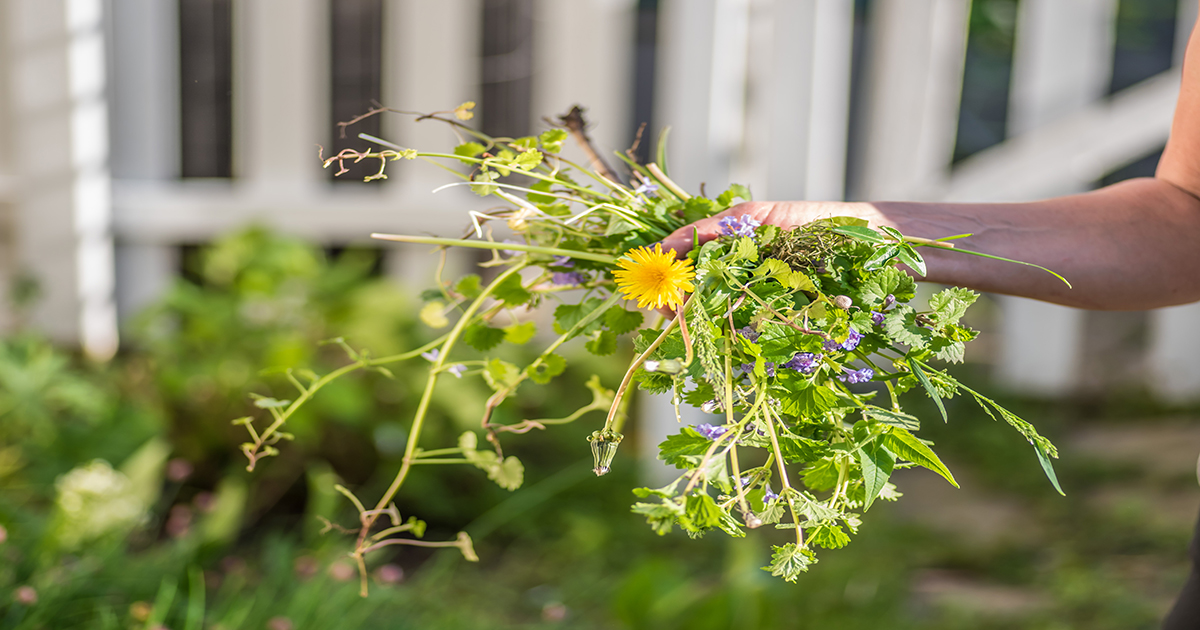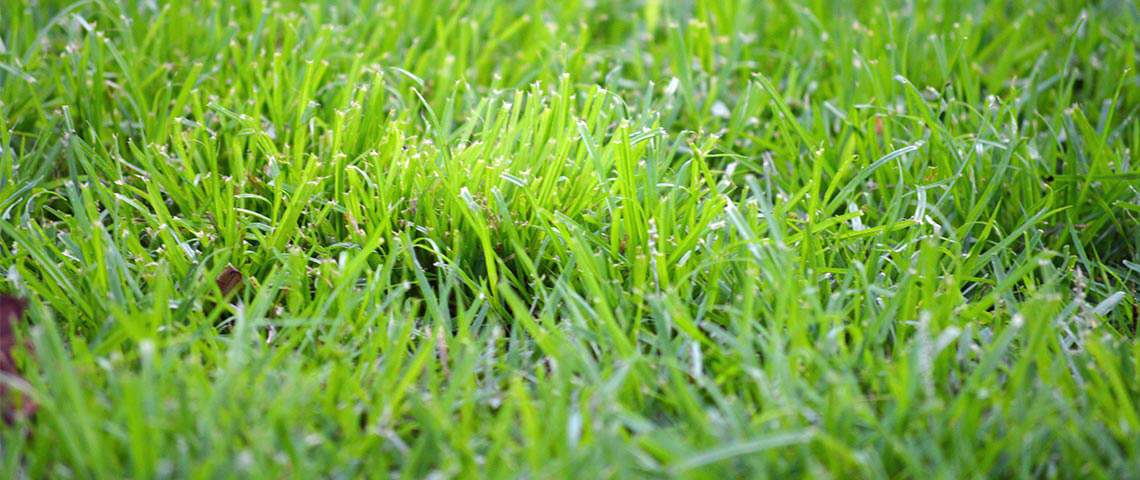How to Create a Sustainable Pollinator Lawn
Creating a welcoming environment for pollinators is a wonderful way to support biodiversity in your own yard. Whether your yard is large or small, you can make a difference for your local ecosystem and the environment at large.
For many people, pollinator habitat starts and stops with flower gardens — but that doesn't have to be the case for you. With a few simple steps, you can have an attractive, environmentally sound lawn that helps support pollinators, too.
- Attracting Pollinators to Your Lawn
- Adapting Your Lawn for Pollinators
- Maintaining Your Pollinator Lawn
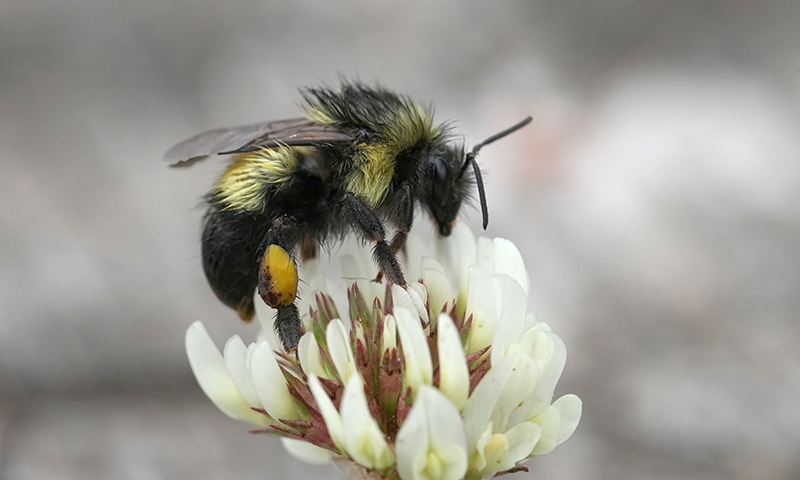
Bees transport pollen on their back legs as they pollinate clover.
Attracting Pollinators to Your Lawn
As urban and suburban areas grow, natural habitats for pollinators like hummingbirds, butterflies and bees are lost. When their natural habitat is limited, your home's gardens and landscape provide the sanctuary and sustenance pollinators seek.
Pollinators differ in their needs, but two necessities top the list: pollen and nectar. When your yard includes plants that provide one or both of those food sources, pollinators will find them.
Designing garden spaces with mini wildflower meadows or native plants for wild birds and native bees can help attract these visitors to your home. And, if flowering vegetables and fruits are part of your mix, pollinators will reward you by improving the productivity of the plants you grow.
Unlike people who may look to larger plants, pollinators like non-native honey bees keep the small picture in mind, too. When your lawn includes plants like white clover, with tiny rounded flowers rich with pollen and nectar, your lawn becomes a pollinator destination all its own.
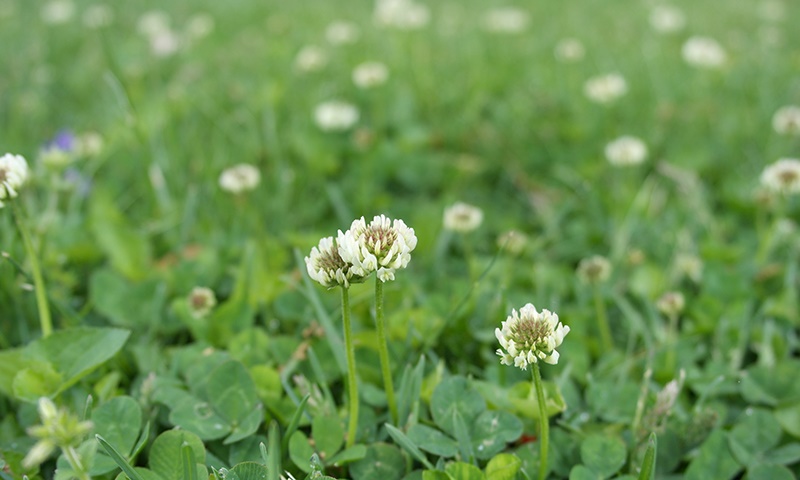
Clover and grass combine for a soft, sustainable lawn.
Adapting Your Lawn for Pollinators
Most traditional lawns are maintained to showcase grass varieties alone. While the results can be beautiful and satisfying, they don't have what it takes to convince pollinators to call your yard home. With Pennington Clover and Grass Seed Mix, you and your neighborhood pollinators can have the best of both worlds: beautiful lawn grasses and soft pollinator-friendly clover, complete with tiny flowers.
Pennington Clover & Grass Seed Mix makes it easy to transform your existing grass or new lawn areas into soft, sustainable lawn that supports pollinators and the environment, too.
This premium clover and grass mix includes durable, long-blooming white clover that naturally fixes soil nitrogen, so the clover fertilizes itself. Once your pollinator lawn gets established, our water-conserving Pennington Smart Seed grasses need up to 30% less water than ordinary grass seed — year after year.
Just follow the simple steps on the Pennington Clover & Grass Seed Mix bag to overseed your existing lawn grass or start your new pollinator lawn from scratch. The drought-tolerant and disease-resistant Smart Seed grasses and clover establish quickly, even on slopes and hills. With ideal growing conditions, you'll see results in just 7 to 21 days.
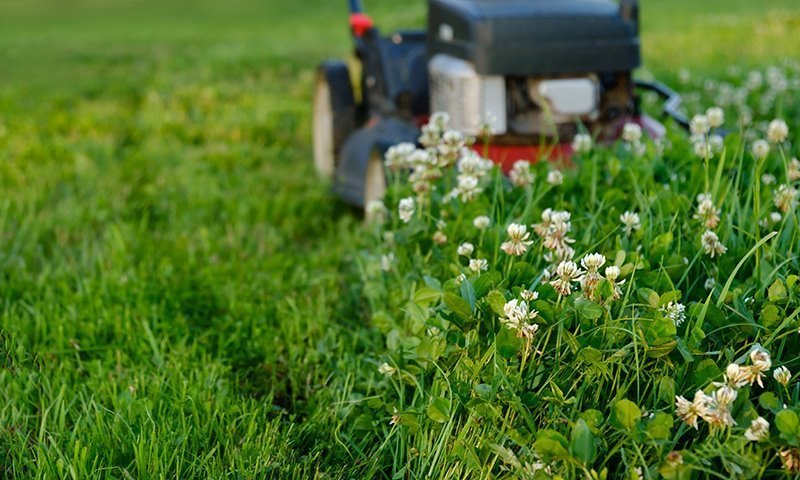
Flowerheads attract pollinators, so mow selectively.
Maintaining Your Pollinator Lawn
The key components for a pollinator lawn are the pollen and nectar provided by the white clover in Pennington Clover and Grass Seed Mix. On top of all the environmental benefits of this sustainable lawn alternative, you can add less lawn maintenance to the list — from mowing and watering to fertilizing and weed control.
Your new pollinator-friendly lawn will be taller than traditional lawns, with a softer and more natural look when you maintain your lawn to keep those flowers intact. If you mow, mow selectively, so your lawn always has some clover flowers to offer.
Never use any type of weed-killer product on your pollinator lawn, from crabgrass preventers to weed-and-feed fertilizer products to traditional herbicides for broadleaf lawn weeds.
Profuse, well-pollinated white clover flowers will produce seed to increase the clover in your new lawn, but not when crabgrass preventers interfere. And because clover is a broadleaf plant, not a grass, broadleaf herbicides will kill clover just like it kills broadleaf lawn weeds.
With Pennington Smart Seed Clover + Grass Mix, you can have a sustainable pollinator lawn that you and birds, bees and butterflies can enjoy. From pollinator destinations to traditional Kentucky bluegrass, we can help your lawn dreams come true. We're Pennington. We're here for you.
Always read product labels thoroughly and follow instructions.
